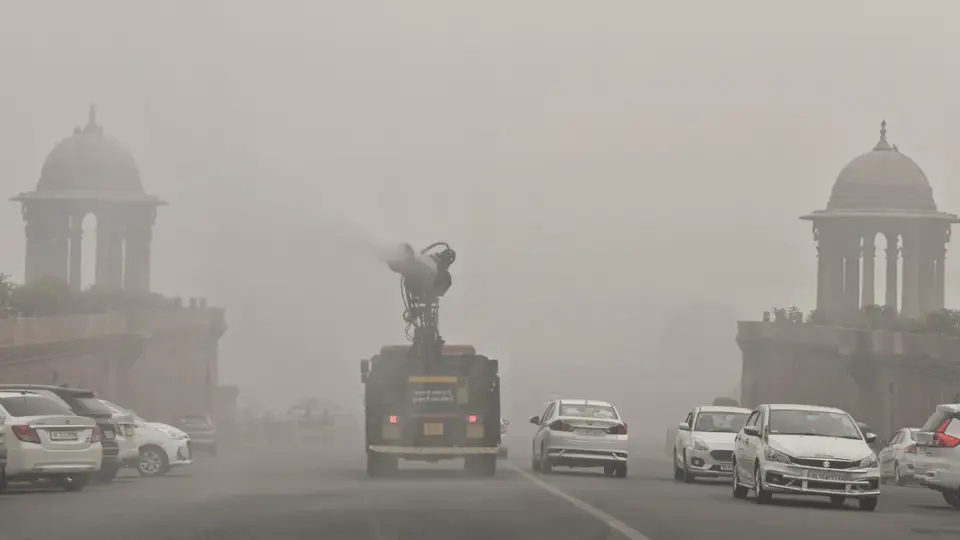
India
Key Highlights of Lok Sabha’s Approval of the Telecom Bill 2023
The Indian Telecommunications Bill 2023, commonly known as the Telecom Bill 2023, was introduced earlier today by Union Minister Ashwani Vaishnaw and was cleared by the Lok Sabha. The measure, which attempts to override existing regulations, was introduced and approved during Parliament’s Winter Session.
The new Act is meant to replace three current Acts: the Indian Telegraph Act of 1885, the Indian Wireless Telegraphy Act of 1933, and the Telegraph Wires (Unlawful Possession) Act of 1950.
For the sake of national security, the measure gives the government additional control over telecom services. Let us look at the main points of the law and how they may affect the telecom sector in the future.
Highlights Of Indian Telecommunications Bill 2023
- By enacting amendments, the new bill intends to quicken the implementation of telecom infrastructure, notably for 5G. Exempting telecom networks established on any property from claims, limitations, liquidation, or similar concerns is one of the recommended policies.
- The law empowers the government to create regulations for cybersecurity protection and assurance in telecommunication networks and services in the interest of national security, emergency, or public interest.
- The measure also prohibits spam phone calls. According to the law, the registration of? Do Not Disturb? or DND would become a legal necessity, offering consumer protection against unwanted calls, texts, and so on.
- According to the bill, press communications sent by journalists accredited to the Centre or state governments are not to be blocked or held unless their transmission is banned by regulations governing public emergency, public order, and so on.
- According to the bill, the central government would assign spectrum for telecommunications by auction, except entries specified in the First Schedule, which will be assigned through an administrative process.
- The bill also includes safeguards for telecom infrastructure and strengthens provisions for the seamless deployment of networks, particularly optical fibre connections.
- The measure provides for the termination of range assignment if the government decides that the allotted spectrum has remained unutilized for an extended period for no apparent cause.
- The government has recommended limiting fines imposed on telecom operators to Rs. 5 crore each circle, down from Rs. 50 crore before, meaning a maximum penalty of about Rs. 1,100 crore on a telecom business.
- The law requires corporations to provide SIM cards only after collecting verified biometric data from the applicant to avoid the exploitation of telecom resources.
- In the event of a dispute between a user and an authorized organization providing telecom services, the central government has recommended that “one or more” online dispute resolution methods be established to handle the issue.



